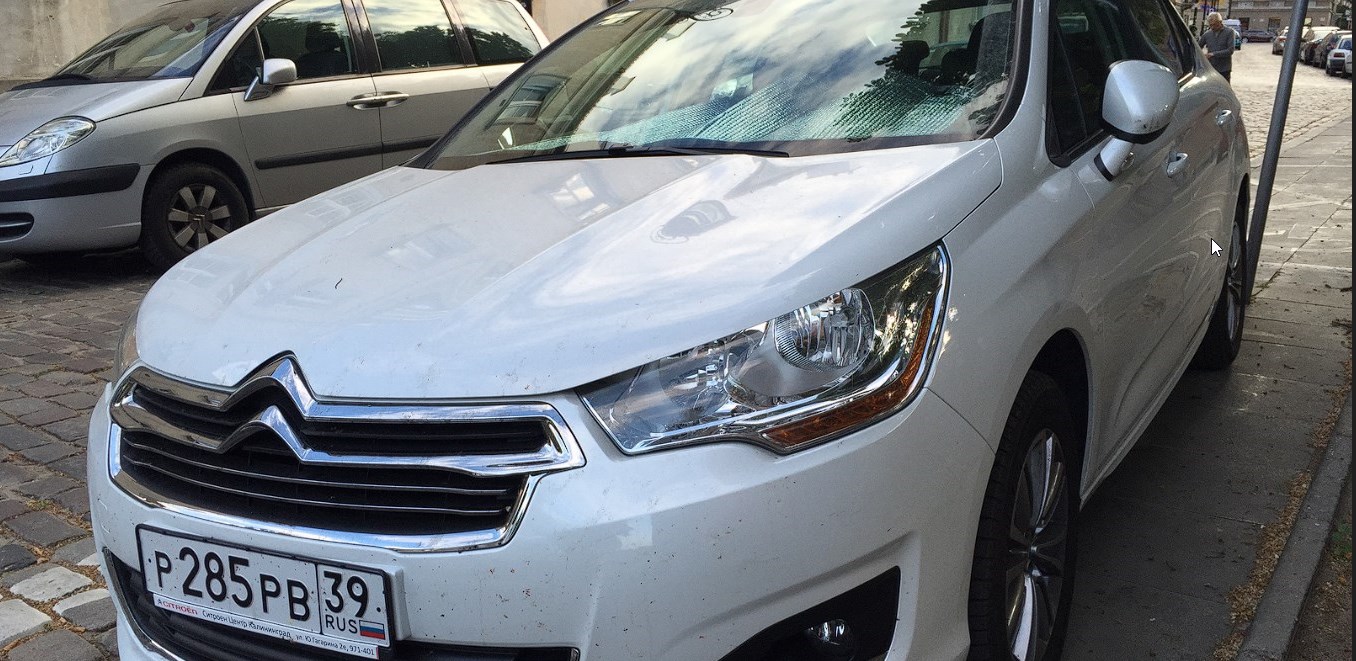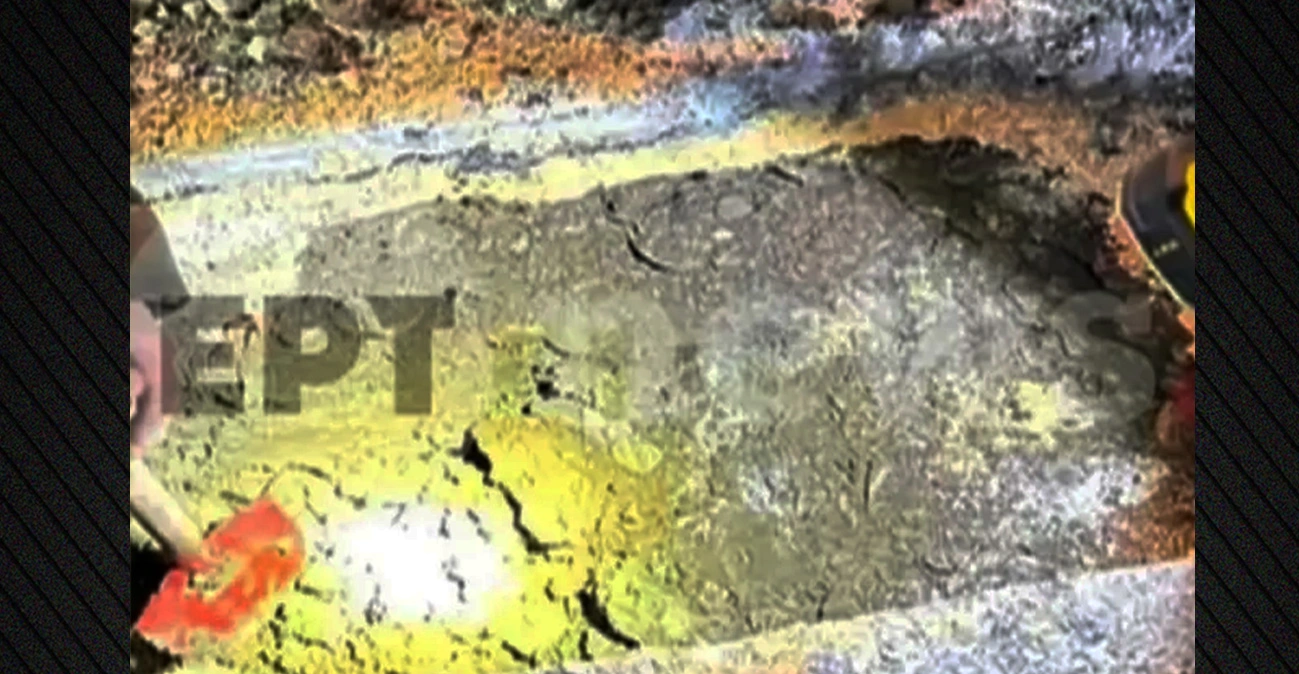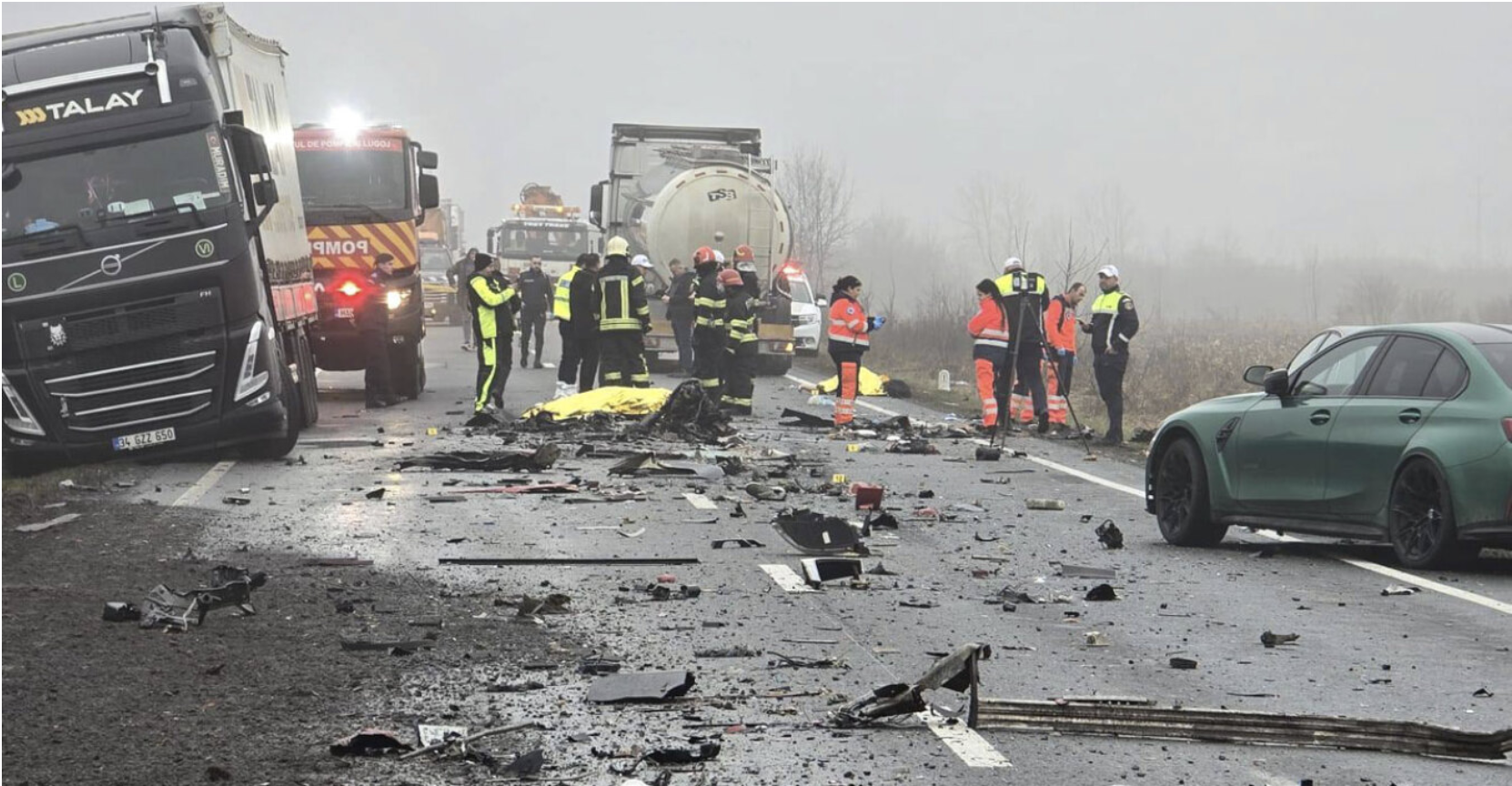Russian nationals can no longer cross into the EU with their cars, otherwise, their vehicles should be confiscated by the respective member state, it became clear on Monday (11 September after the European Commission was asked to explain a recent update of the EU sanctions policy.
An update of a Commission document called “Frequently asked questions on import, purchase, and transfer of listed goods”, dated 8 September 2023, answered negatively to the question: Can Russian nationals temporarily bring personal goods and vehicles into the EU under the sanctions regime imposed on Moscow?
According to the document, it is not relevant whether vehicles are being used for private or commercial purposes, and the restriction applies to all vehicles with a Russian license plate. The duration of the vehicle’s possible stay in the EU and the customs procedures under which they will be placed are also not relevant, it adds.
The new “update” seems to go further than a ban on Russians bringing “luxury” cars to the EU, passed with the 11th package of sanctions. The EU considers as “luxury cars” those with a value exceeding €50,000 or above 1,900 cm3, as well as all-electric and hybrid cars, regardless of other specifications.
also read
The sexiest athlete in the world is on holidays (photos-videos)
What the sanctions policy “update” does not say specify is the status of cars belonging to Russian nationals, with Russian registration plates, that are already on EU soil.
In several EU countries, cars with Russian number plates can frequently be seen, including in Bulgaria, where an estimated 300,000 Russian nationals have bought real estate and many of them drive their Russian-registered vehicles.
source euractiv.com
Ask me anything
Explore related questions





